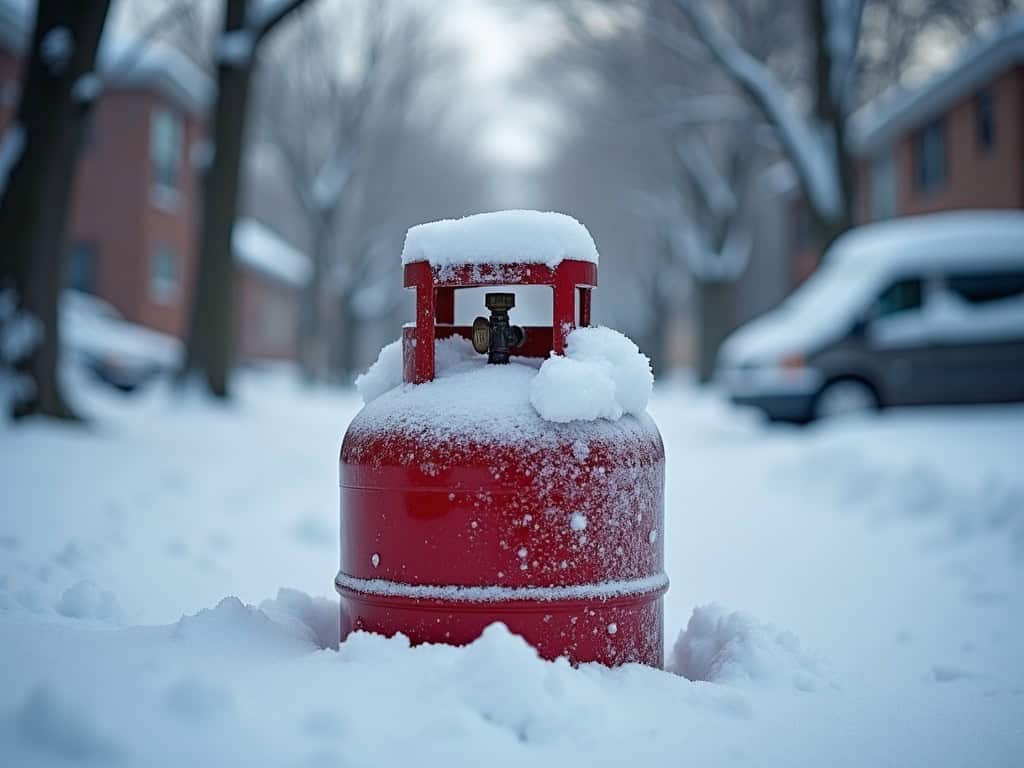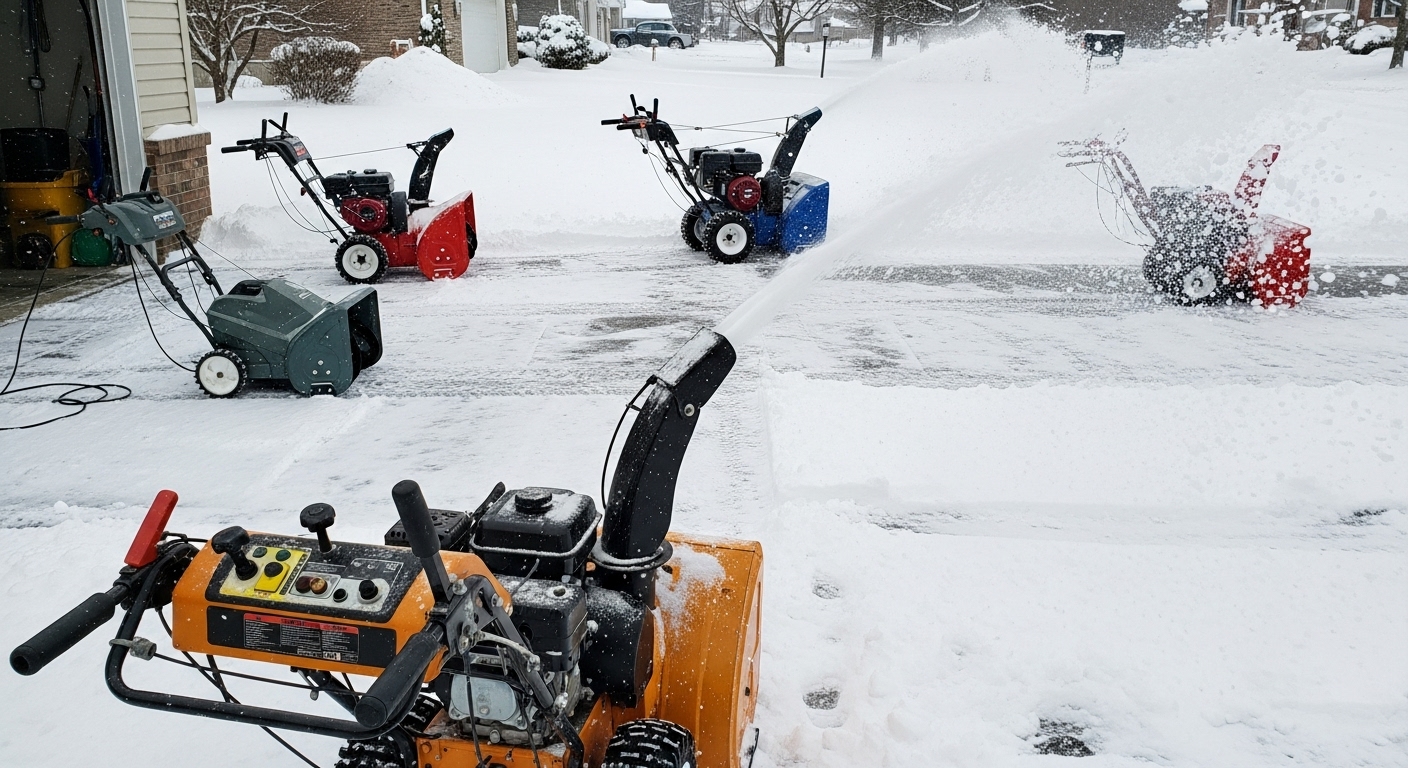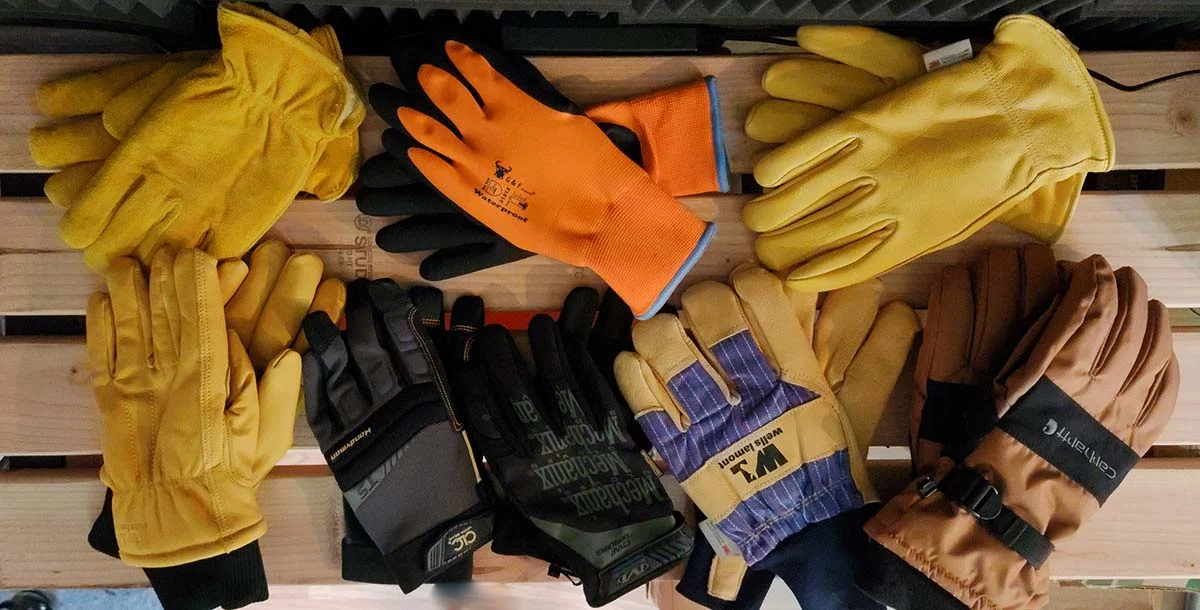Ever wondered if the propane in your family’s grill or camping stove can turn into a popsicle during winter? You’re not alone! Many people ask, Can propane freeze? As someone who’s dealt with propane tanks in freezing temperatures during camping trips, I’m here to break it down for you in simple terms.
Key Takeaways:
- Propane doesn’t freeze in normal Earth temperatures
- Cold weather can affect how propane works, but it won’t turn into ice
- Keeping your propane tank full and clear of snow is important
- Safety is crucial when dealing with propane in any weather
The Cool Science of Propane
Alright, let’s dive into some science, but don’t worry – I’ll keep it simple!
Freezing Point
Propane’s freezing point is super low, like, “you’ll never see it on Earth” low. We’re talking about -306.4°F (-188°C). To put that in perspective, the coldest temperature ever recorded on Earth was -128.6°F (-89.2°C) in Antarctica. So, unless you’re hanging out on Neptune, your propane isn’t going to freeze.
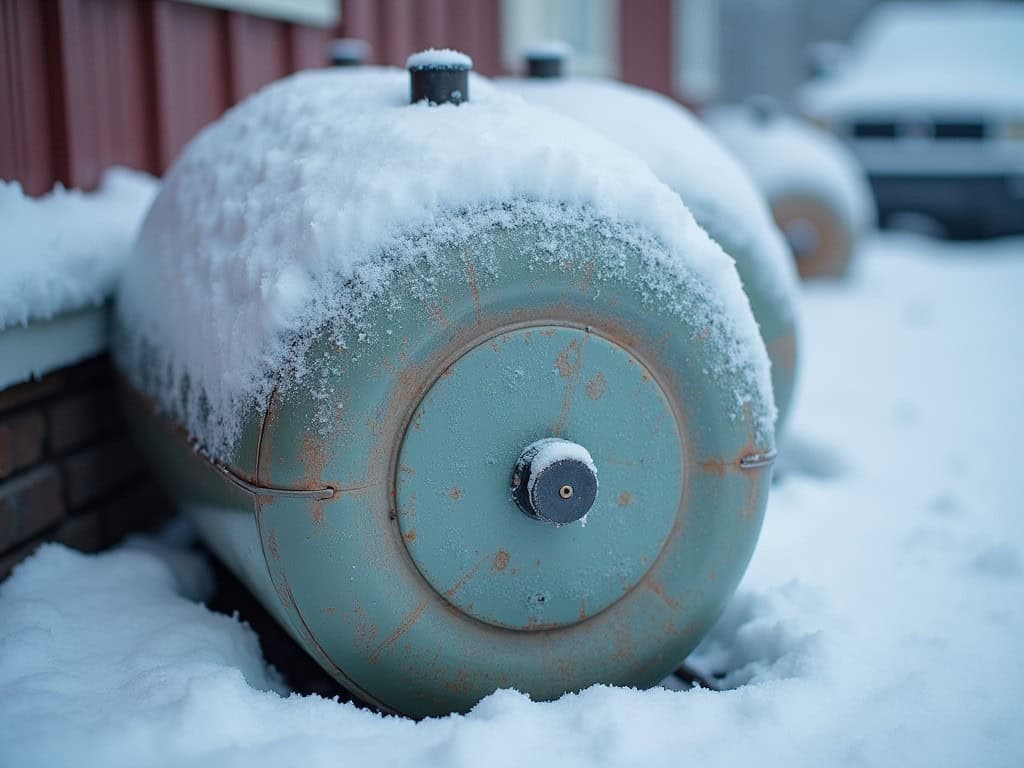
Boiling Point
Here’s where it gets interesting. Propane’s boiling point is -43.6°F (-42°C). This means that when it’s colder than this, propane changes from a liquid to a gas. This is actually how propane is used in things like grills and heaters.
What Really Happens in Cold Weather
Cold weather doesn’t freeze propane, but it does affect how it behaves. Here’s what’s really going on:
- Pressure Changes: As it gets colder, the pressure in the tank drops. This can make the propane come out more slowly.
- Slower Vaporization: Propane needs to turn from a liquid to a gas to be useful. Cold weather slows this process down.
- Tank Levels Matter: A fuller tank handles cold better than an empty one. It’s like having a bigger jacket to keep you warm.
Busting the Freezing Myth
You might see ice on a propane tank and think, “Aha! It’s frozen!” But here’s the truth: that ice is just moisture from the air freezing on the cold surface of the tank. The propane inside is still liquid, not frozen.
I remember one camping trip where our propane tank was covered in frost. My friend thought the propane had frozen, but our camp stove worked just fine once we brushed off the ice.
Keeping Your Propane Safe in Winter
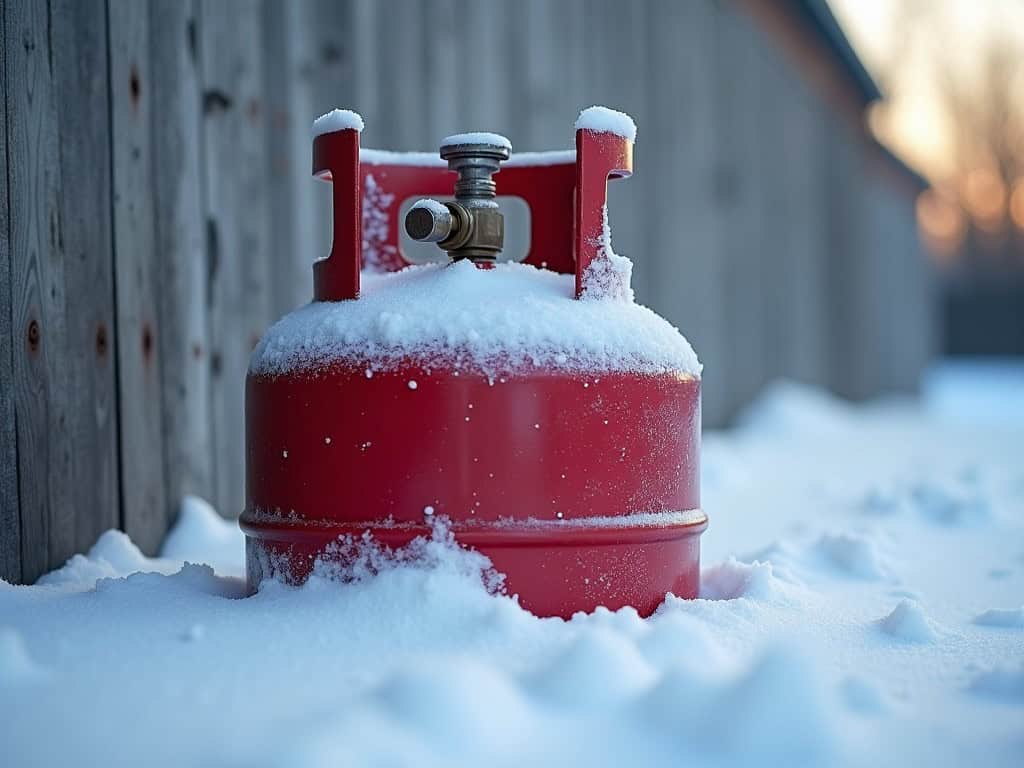
Here are some tips to keep your propane working well when it’s cold:
- Keep it Full: A fuller tank is a happier tank in cold weather.
- Clear the Snow: Brush snow and ice off your tank and the parts connected to it.
- Regular Check-ups: Have a grown-up or professional check the tank and equipment yearly.
When to Call for Help
Sometimes, even with good care, you might have problems. Here’s when to get help:
- If you smell gas (it smells like rotten eggs)
- If your propane-powered stuff isn’t working right
- If you see a lot of ice on the tank or it looks weird
Always tell an adult if you notice these things. Safety first!
Cool Propane Facts
Did you know?
- Propane is actually a by-product of natural gas processing and petroleum refining.
- It’s used in more than just grills – some cars run on propane!
- Propane is colorless and odorless. The smell is added so we can detect leaks.
Propane Usage in the US
- ■ Home Heating: 50%
- ■ Industrial Use: 25%
- ■ Other Uses: 25%
Wrapping It Up
So, can propane freeze? Nope, not in any weather you’ll experience. But cold can affect how it works, so it’s important to take care of your propane tanks and equipment in winter.
Remember, propane is super useful but needs to be handled safely. If you’re ever unsure about anything related to propane, ask an adult or a professional for help. Stay warm and stay safe!

